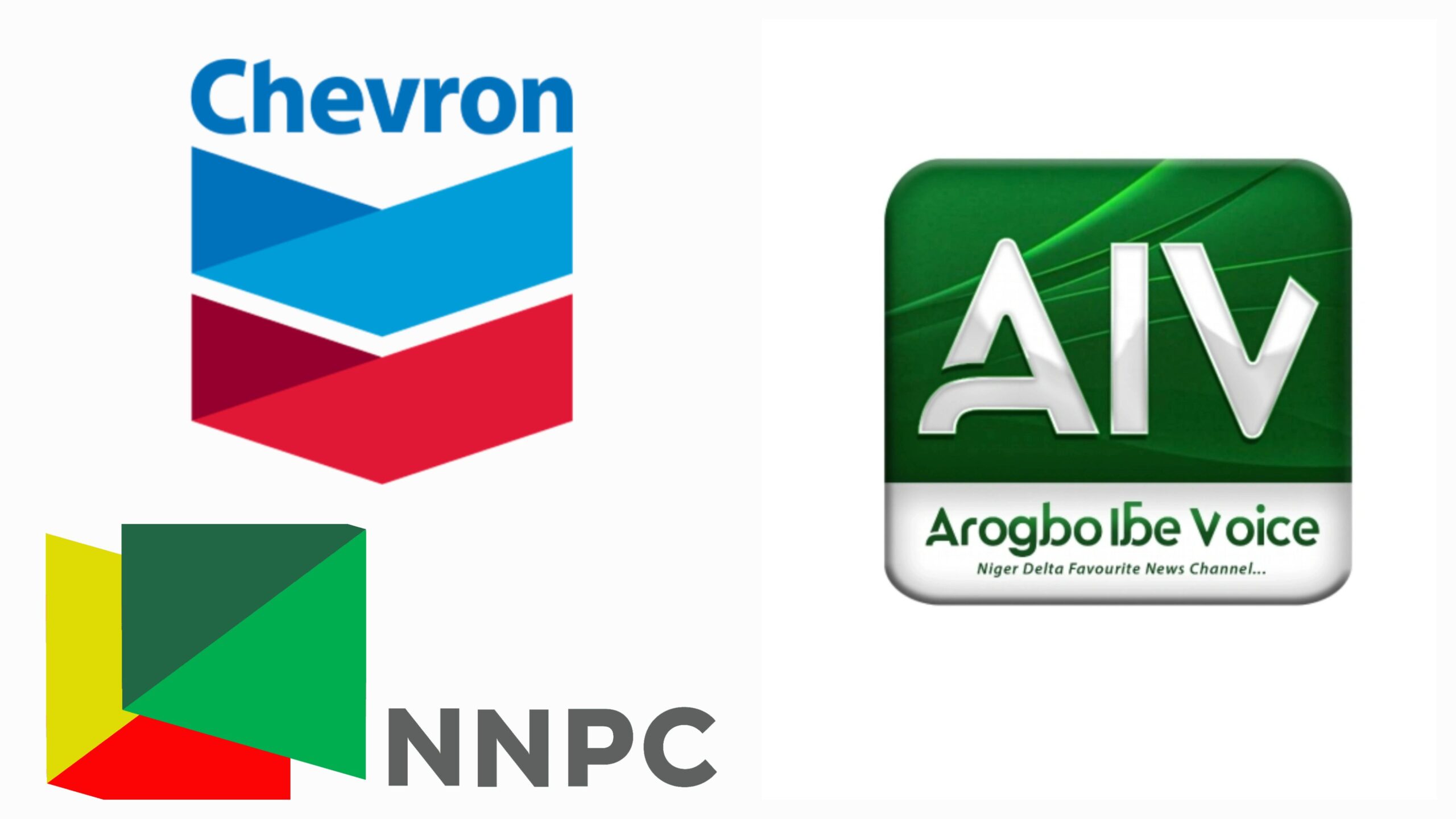AIV EDITORIAL : Some Facts About the NNPC, Chevron Deal
The signing of a landmark deal between the Nigerian National Petroleum Corporation (NNPC) and Chevron Nigeria Limited (CNL) is a significant step Nigeria has taken to revamp the oil sector.The agreement, which converts five joint venture assets to align with the Petroleum Industry Act (PIA) terms, is expected to increase crude oil production to 165,000 barrels per day by year-end 2024.
This development is a welcome respite for Nigeria’s economy, which has been grappling with the challenges of low oil production and dwindling revenue. The partnership between NNPC and CNL demonstrates the government’s commitment to creating an investor-friendly environment and boosting domestic gas supply.
However, as Nigeria celebrates this milestone, it must not lose sight of the need for transparency and accountability in the oil sector. The country’s history of corruption and mismanagement in the industry has led to widespread criticism and calls for reform.
The PIA, signed into law last year, aims to address these concerns by promoting greater transparency and efficiency in the sector. The NNPC-CNL deal is a positive step towards implementing the PIA’s provisions, but more needs to be done to ensure that Nigeria’s oil wealth benefits all citizens, not just a select few.
READ ALSO: Tinubu’s harsh economic policies improving Nigeria’s economy, forex reserves: World Bank
While we applaud this step, we must not lose sight of the facts that insecurity and oil theft in the Niger Delta region continue to threaten oil production and investment; that the global shift towards renewable energy sources poses a challenge to our reliance on oil exports, and systemic corruption and mismanagement remain major risks to the sector’s growth.
To attain enduring success and growth in the oil sector, the government must, first, prioritize security and stability in the Niger Delta to attract more investment. Second , Nigeria should diversify its economy and invest in renewable energy sources to reduce dependence on oil. Third, transparency and accountability must be entrenched in the oil sector to prevent corruption and ensure that benefits are shared equitably, and among other factors, massive infrastructural development and human empowerment projects and programmes must carried out in the Niger Delta, especially, the coastal region of the Niger Delta.
In conclusion, today’s news offers a glimmer of hope for Nigeria’s oil sector. However, the country must address the lingering challenges and seize opportunities to create a more sustainable and equitable future.

